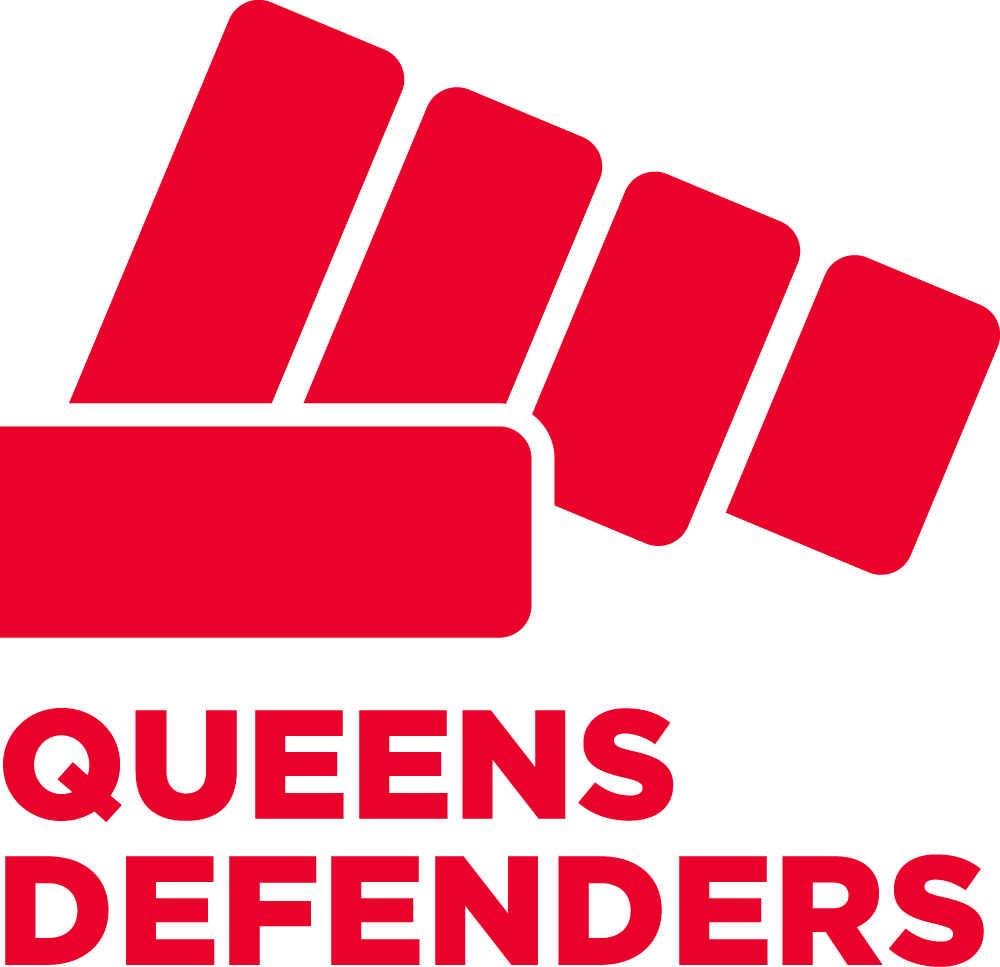Plan for Disaster
Make sure everyone in your family is prepared for disasters: Establish a meeting place that’s familiar and easy to for everyone in your family to find – for example, your church or community center. Fill out a Family Communication Plan. Make sure every member of the family has a paper copy and keeps it with them in a plastic sandwich bag. For more information and safety tips visit Ready.gov.
Know Your Zone
Use the Hurricane Evacuation Zone Finder to find out if you are in an area that may be affected by storm surge flooding. In the event of a coastal storm or hurricane, areas to be evacuated will be identified by the assigned zone.
Stay Informed
Register for Notify NYC, the City of New York’s official, free emergency communications program. You’ll receive information about emergency alerts and important City services via email, text messages, telephone, a mobile application, the Notify NYC website, RSS, Twitter, and American Sign Language videos.
Pack a Go-Bag
Being prepared means having enough food, water, and essential supplies to last several days. Your disaster supplies kit, or “go-bag,” should include the basic supplies your family needs in the event of an emergency, including water, food, tools, and hygiene products. Don’t forget cloth face coverings to protect against COVID 19, prescription and over-the-counter medications, cash, and important documents such as copies of identification and insurance plans. Store all items in airtight plastic bags and put the whole kit in one or two easy-to-carry containers such as plastic bins or a duffel bag. Pack a go-bag for home, for work, and for your car.
Protect Your Finances
In the event of an emergency, you’ll need ready access to your personal financial, insurance, and medical records to start your recovery process quickly and efficiently. Make copies of these documents and put them in airtight plastic bags. Keep them in your go-bag in your car and in your office.
Obtain homeowners or renters property insurance, health insurance, and life insurance if you do not have them. Homeowners insurance does not typically cover flooding, so you may need to purchase flood insurance from the National Flood Insurance Program.
From Here to There
Have a plan for traveling between your home and your work in the event of a disaster. Think about alternative ways to get to and from your job. How would you get home if you needed to take a different subway line? A bus and a subway? A taxi or ride-share? Could you get a ride from a co-worker or neighbor? Don’t forget to consider alternative transportation to other important places, too, like daycare, school, your doctor, and the grocery store. Fill out this Commuter Emergency Plan and keep copies in your home, go-bag, and office.
